Essendon Football Club is proud to be celebrating the success and progress of its Reconciliation Action Plan by joining like-minded Australian companies at the opening of Parliament in Canberra today.
In her address to parliament today, Prime Minister Julia Gillard highlighted the significance and progress of the Government’s ‘Closing the Gap’ initiatives, including the success of Reconciliation Action Plans, which have been developed to tackle issues facing Aboriginal and Torres Strait Islanders head on.
In 2010, Essendon became the first AFL Club to sign a RAP with the vision to commit to professional development, cultural competency and social inclusion by building on our existing significant relationships with Aboriginal Australians, ensuring our programs align with those on the national agenda to ultimately contribute to closing the gap in life expectancy between Aboriginal and non-Aboriginal Australians.
Over this period Essendon has built strong partnerships in the Northern Territory communities of Wadeye and Tiwi Islands and within Victoria through the Rumbalara Football and Netball Club.
Essendon continues to support and fund the growth of The Long Walk, which was founded by Bombers champion and Aboriginal advocate Michael Long. The Long Walk aims to raise awareness of Aboriginal and Torres Strait Islander health, wellbeing and life opportunities, and is a focal part of the Club’s ‘Dreamtime at the G’ match. Essendon’s annual clash with Richmond is the showcase match of the AFL’s Indigenous round, and celebrates Aboriginal culture and the fantastic contribution it has had on the game of AFL.
Past and present Essendon players including Michael Long, Gavin Wanganeen, Dean Rioli, Paddy Ryder, Courtenay Dempsey, Leroy Jetta, Nathan Lovett-Murray and Alwyn Davey are important role models and continue the Club’s pursuit for better health and education outcomes for Aboriginal Australians.
While Essendon is proud of the success and progress of its RAP, it is well aware there is still much to do be done in order to close the gap between Aboriginal and non-Aboriginal Australia.
In 2013, the Club is embarking on a new project that focuses on local Indigenous employment outcomes targeting the North-West region of Melbourne. The Bombers Bright Futures project will be an important step toward direct contribution and support to our local community.
Essendon’s major focus within its RAP framework in 2013 is to work harder and build stronger relationships within our local community, key stakeholders and Wururndjeri Elders in the Aboriginal community.
CEO Ian Robson said the Club would continue to promote better health and education outcomes for Aboriginal Australians through Essendon’s well established community programs.
“Essendon has a long and proud history of supporting Aboriginal Australia and using the club’s profile and resources to advance Reconciliation in this country and help to close the gap,” Robson said.
“We were the first AFL club to develop and deliver on a RAP and consider it an important ongoing club responsibility to continually educate our staff and stakeholders, develop meaningful programs and engage with the Aboriginal community across the whole of Australia.”
One of Essendon’s longest and most valued partnerships is with the Tiwi Islands and its people. Tiwi College Principal Ian Smith has experienced the club’s Reconciliation agenda and connection with the Islands first-hand over several years.
“We are thrilled to have Essendon Football Club community programs involved with the Tiwi community. In this way Essendon Football Club is able to influence students from all communities on both islands of the Tiwi Island group,” Smith said.
While Essendon Football Club is proud to be in the nation’s capital celebrating the success and progress of its RAP, it understands the reconciliation of Aboriginal and non Aboriginal Australia is a long term commitment.
We are very proud to be on this journey where every day we can be part of the change that will lead to better health, wellbeing and life opportunities for Aboriginal and Torres Strait Islander peoples.


